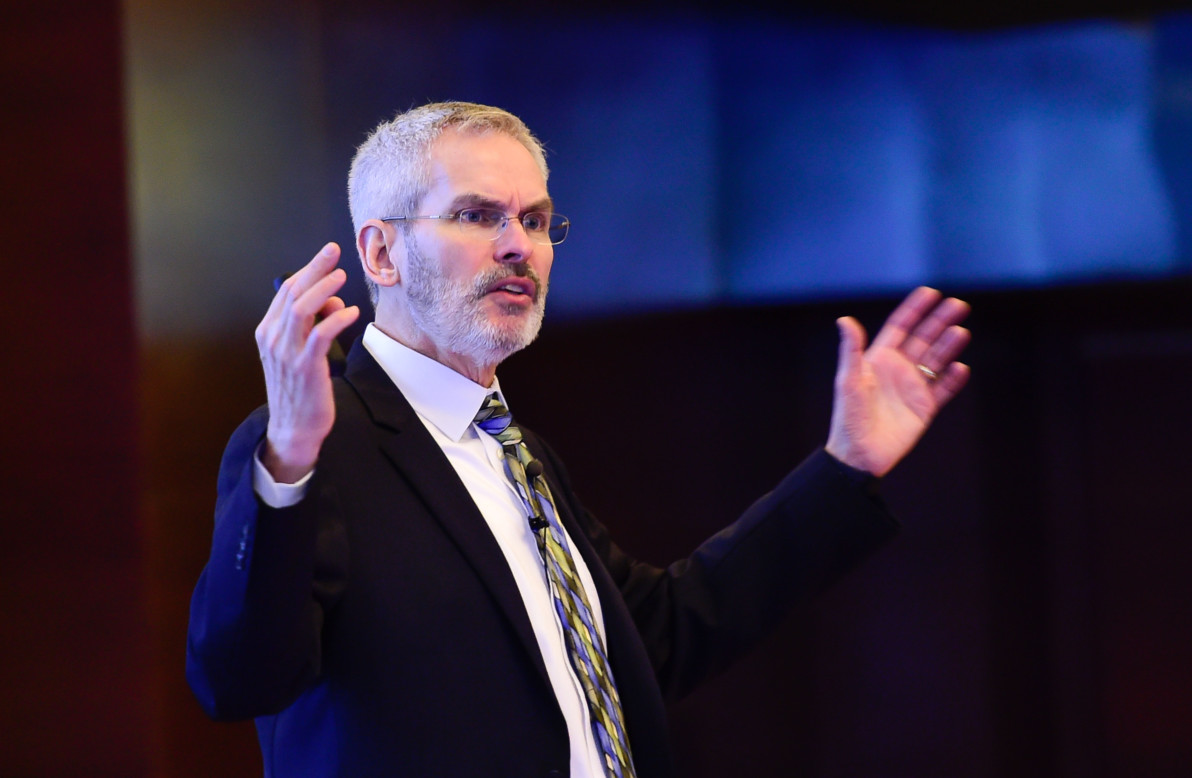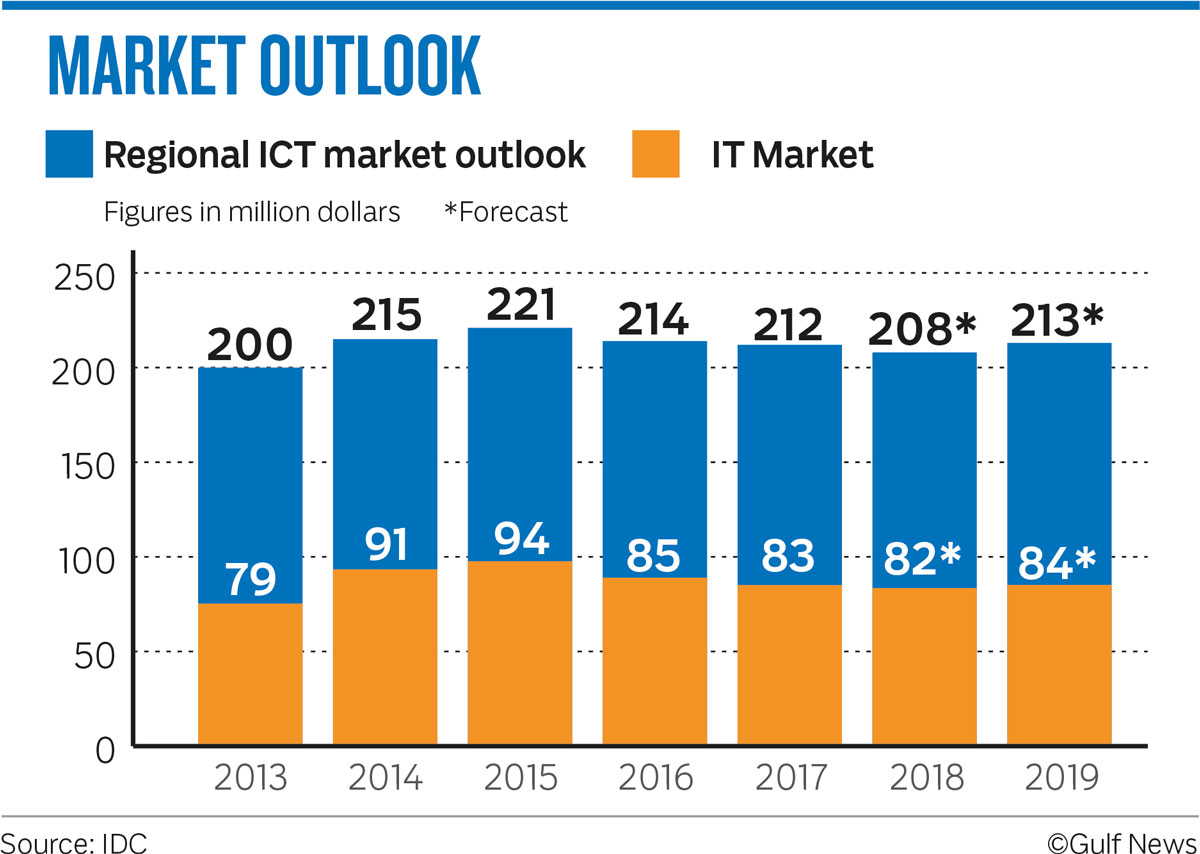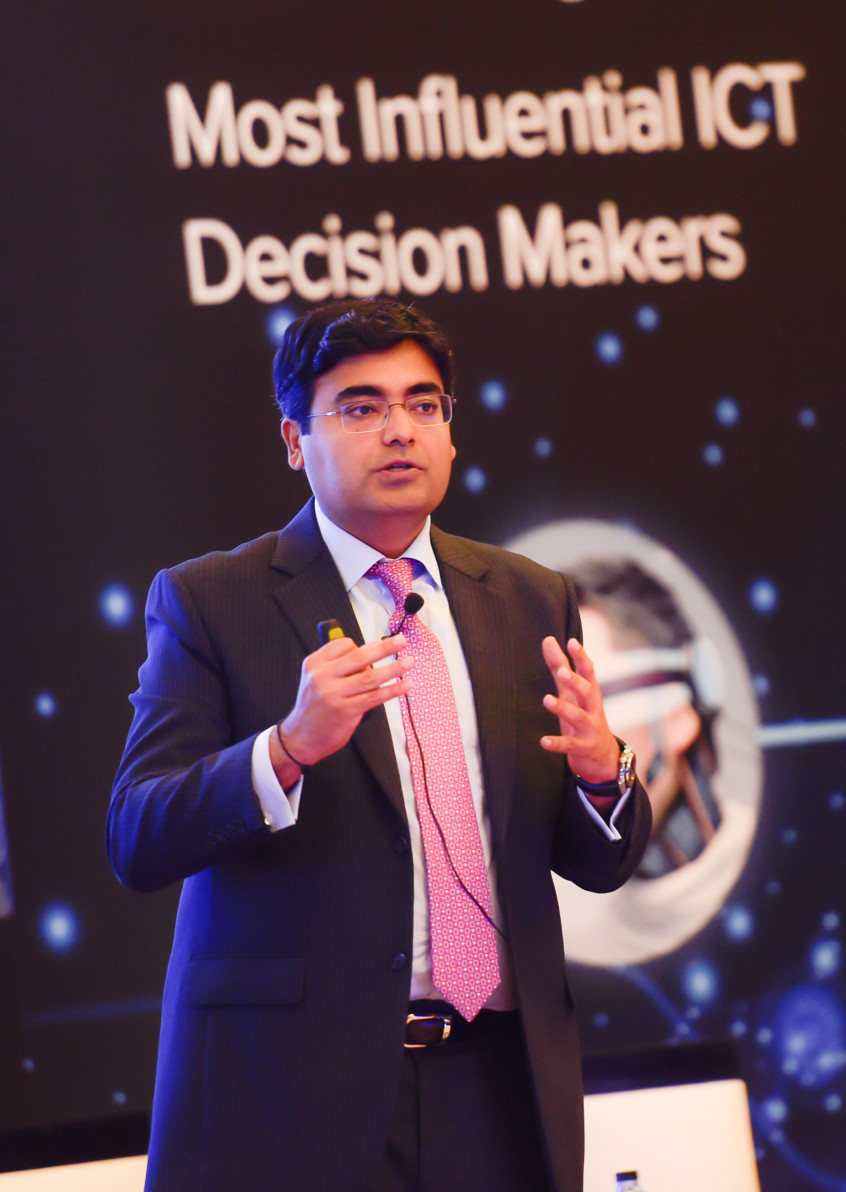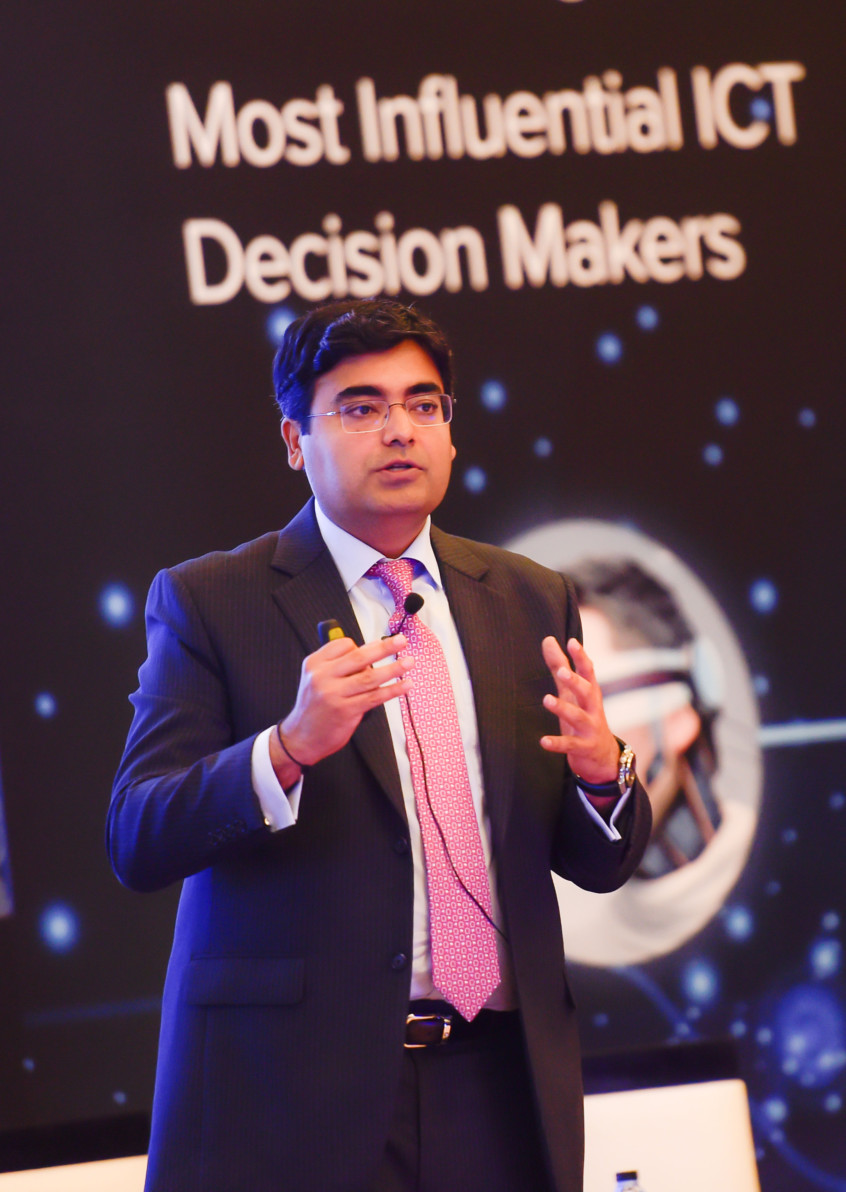
Image Credit: Virendra Saklani/Gulf News
Dubai: The transition to all things digital will play a key role in driving information and communications technology (ICT) investments in the Middle East and Africa, expected to hit $213 billion (Dh781.71 billion) this year compared to $208 billion in 2018, according to IDC (International Data Corp.) estimates. This includes potential investments made in Turkey as well.
Spending on digital transformations (DX) in the region should cross $25 billion mark this year as more organisations experiment with technologies such as robotics, artificial intelligence (AI), augmented and virtual reality, and the internet of Things (IoT) to spur innovation and boost customer experience.

Spending on IT alone would be in the region of $84 billion, up 2.5 per cent from a year ago and continuing to make up 40 per cent of overall ICT spend. On IT spend, the UAE will contribute $8 billion as it scales up for its UAE Vision 2021 and the Expo 2020, while Saudi Arabia will contribute $11 billion to the overall region’s tally.
The public sector is leading the digital transformation initiatives followed by transportation, retail and telcos. “Developing an effective digital transformation platform that can sustain, advance and scale business operations may be the most important task facing the region’s decision-makers,” said Jyoti Lalchandani, Vice-President and regional Managing Director at IDC.

Image Credit: Virendra Saklani/Gulf News
“DX initiatives will top the chief information officer’s agenda, as emerging technologies are increasingly leveraged to drive desired business outcomes,” said Lalchandani.
But oil price volatility, regional political uncertainties, global demand weakness, currency fluctuations and softer consumer demand will still pose challenges. According to Frank Gens, Senior Vice-President and chief analyst at IDC, said the share of “digitally-determined organisations with fully integrated enterprise-wide technology architecture will grow from 34 per cent to nearly 90 per cent in the next two years”. “We can expect to see as organisations strive to broaden the scale of their innovation and accelerate the responsiveness of their operations.”
By 2022, 25 per cent of end point devices and systems worldwide will be executing AI algorithms, and between 2018-23, more than 500 million new apps will be created, equalling the total built during the preceding 40 years. Ranjit Rajan, Associate Vice-President at IDC, said consumer sentiment is still weak and will impact consumer-facing technologies such as mobilephones, PCs, tablets, IT peripherals and monitors. Vendors are responding by raising prices on smartphones. On the enterprise side, Rajan said there is demand for IT infrastructure (servers, storage and networks), services and software due to “innovation accelerators” such as IoT, AI, 3D printing and blockchain. “Digital innovation has become an enabler for business rationalisation and the capability to deliver digital solutions — cloud, platforms, data, security and skills — has become DX differentiators,” Lalchandani said. Spending on emerging tech this year The internet of Things: $9.2b Artificial intelligence: $270m Blockchain: $152m 3D printing: $596m Augmented reality and virtual reality: $1.5b Spending on robotics/drones: $2.6b

